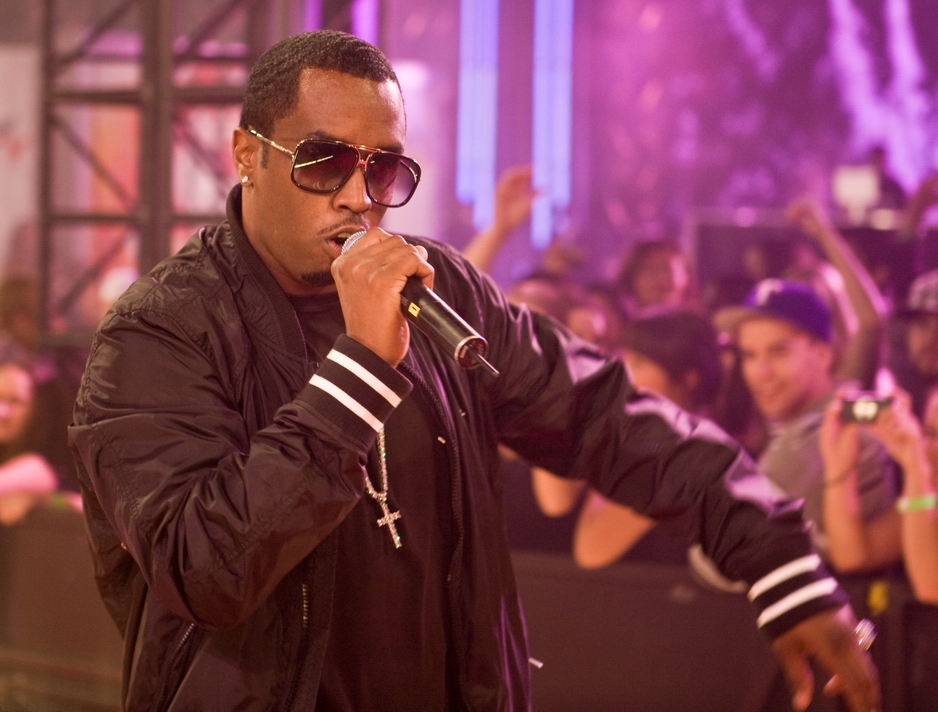
(Scypre.com) – Sean “Diddy” Combs is facing what could be the most consequential moment of his life, as a Manhattan federal jury begins deliberations in his high-profile sex trafficking trial. The music mogul, once known for his lavish lifestyle and influence in entertainment, now finds himself accused of running a criminal enterprise that allegedly involved sexual exploitation, violence, and coercion. Legal experts say one particular charge—the transportation of individuals across state lines for the purpose of prostitution—could be especially damning. “Diddy might be cooked,” one criminal defense analyst remarked, noting that the evidence on this count alone could lead to conviction, even if the jury struggles with the broader racketeering accusations.
The trial has revealed a trove of disturbing details, including graphic video footage labeled “freak-off” parties, in which multiple women, including longtime associate Cassie Ventura, were allegedly filmed participating in drug-fueled sex acts at the direction of Combs. Federal prosecutors also introduced a 2016 hotel surveillance video showing Combs violently attacking Ventura, which played a key role in establishing a pattern of abuse. Over 30 witnesses testified, including former employees, sexual partners, and federal agents, presenting a mountain of texts, emails, and financial records that the prosecution claims point to a deliberate and sustained criminal operation.
Despite the intense scrutiny, Combs’ defense team opted not to call any witnesses. His lawyer, Marc Agnifilo, argued that the government was unfairly framing consensual adult behavior as criminal trafficking. He described the trial as a “parade of shame” designed to vilify Combs’ lifestyle, emphasizing that no direct evidence of force or fraud had been proven beyond reasonable doubt. Still, experts believe the sheer weight of digital evidence and corroborated testimonies could sway the jury, especially on the more narrowly defined transportation charges.
The jury, composed of eight men and four women, began deliberating today. Their task: determine whether Combs is guilty of crimes that could carry 15 years to life in federal prison. Outside the courtroom, public interest remains high. Protesters supporting survivors of sexual abuse have gathered daily, while online discourse about Combs’ alleged abuses and the meaning of consent in power-imbalanced relationships continues to trend. Social media is rife with commentary on the “freak-off” video clips, and Combs’ refusal to testify has become a talking point among legal pundits.
If convicted, Combs faces a harsh legal future. Even if acquitted on some counts, civil lawsuits are almost certain to follow. His brand, already damaged by the case, may not recover. But if the jury returns a mixed or inconclusive verdict, a mistrial could trigger months—or years—of continued legal battles. For now, all eyes are on a jury room in lower Manhattan, where the fate of one of the most powerful figures in hip-hop is being quietly decided.